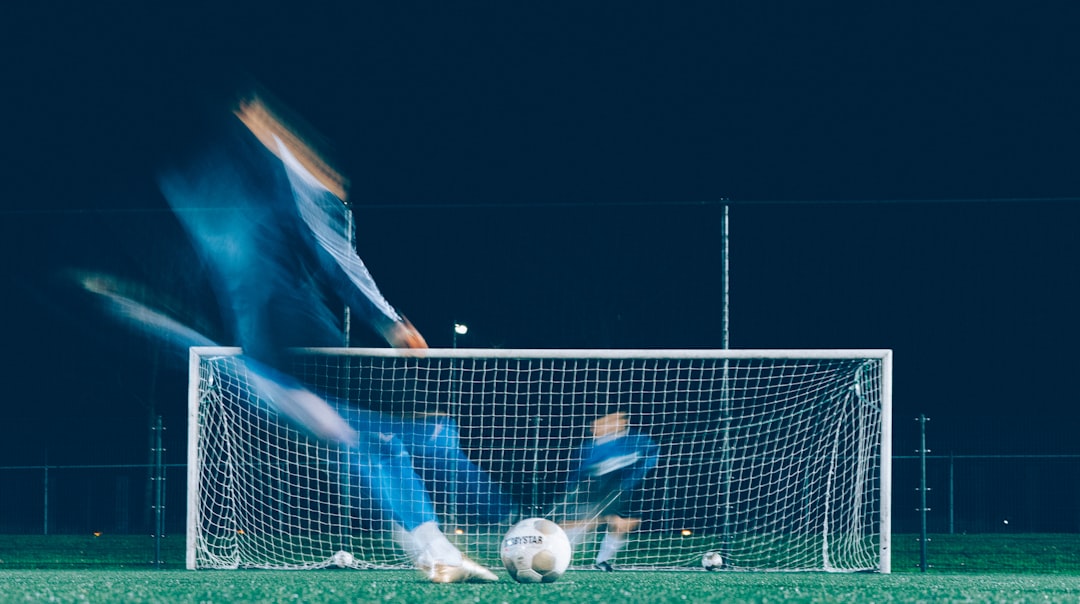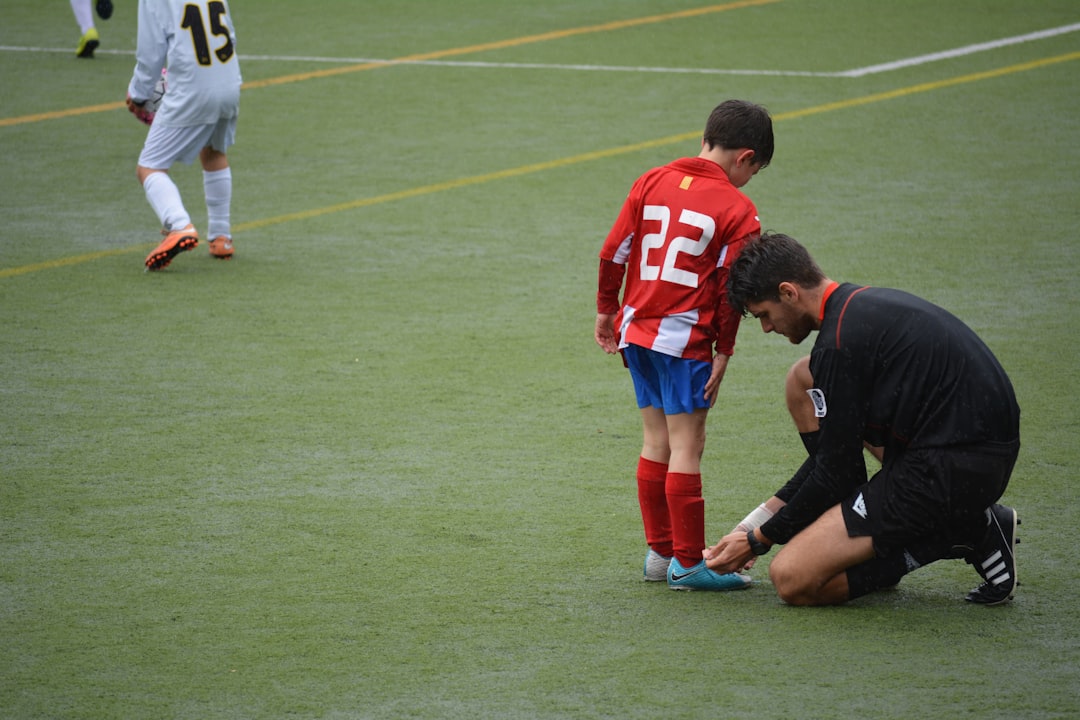A football team coordinator plays a crucial role in organizing and directing specific aspects of a team’s strategy. This position exists in both professional and collegiate football, where coordinators focus on either offensive, defensive, or special teams’ schemes. Their contributions are essential in ensuring a cohesive and well-executed game plan.
The Role of a Football Team Coordinator
A football coordinator is primarily responsible for creating detailed strategies and game plans within their area of expertise. These coaches work closely with players and the head coach to ensure optimal performance during games and practice sessions.
Types of Football Coordinators
There are three main types of football coordinators:
- Offensive Coordinator: Responsible for designing offensive plays and strategies, ensuring the team can effectively move the ball down the field and score points.
- Defensive Coordinator: Focuses on organizing the defensive unit, developing strategies to stop the opposing team’s offense, and improving overall defensive performance.
- Special Teams Coordinator: Oversees the special teams unit, planning kickoffs, punts, field goal attempts, and return strategies to optimize field position.
Key Responsibilities
The responsibilities of a football coordinator may vary slightly based on the specific role but generally include the following:
Game Planning and Strategy
Coordinators dedicate time to analyzing game footage, studying opposing teams, and formulating strategies. They work on play design to enhance the team’s strengths and exploit the weaknesses of the competition.

Practice Management
They lead training sessions, instruct players on their roles within plays, and fine-tune overall execution. Coordinators ensure that players understand the details of each game plan and are prepared for a variety of in-game scenarios.
Player Development
Aside from strategizing, coordinators work closely with individual players to enhance their skills. This includes analyzing player performance, providing feedback, and making adjustments to maximize efficiency on the field.
Communication with the Head Coach
Coordinators collaborate with the head coach to align their strategies with the team’s overall objectives. They offer insights into game-time decisions, making recommendations based on their expertise and game situation.
In-Game Responsibilities
During a game, football coordinators play an active role in making adjustments based on the opponent’s strategies. Their ability to read the game and adapt can significantly impact the team’s success.
- Offensive coordinators call plays, adjust offensive schemes, and react to defensive formations.
- Defensive coordinators observe offensive patterns and make real-time defensive adjustments.
- Special teams coordinators make crucial decisions on punts, returns, and field goal attempts.

The Importance of Football Coordinators
Without effective coordinators, a football team would struggle to function efficiently. Their leadership, strategizing, and contributions ensure that players are adequately prepared, disciplined, and capable of performing at their best.
FAQ
What qualifications does a football coordinator need?
Most football coordinators have extensive playing or coaching experience. Many start as position coaches and work their way up through experience and success within the sport.
How do coordinators differ from head coaches?
While head coaches oversee the entire team, coordinators focus specifically on their respective areas (offense, defense, or special teams). They report to the head coach and help execute overall team strategies.
Do coordinators call plays during the game?
Yes, offensive and defensive coordinators typically call plays in real-time, adjusting strategies based on the opposing team’s movements. However, the head coach may have final authority on certain decisions.
How much do football coordinators earn?
Salaries for football coordinators vary based on the level of competition and experience. NFL and top college football coordinators earn significantly higher salaries compared to those in smaller leagues and high schools.
Can a coordinator become a head coach?
Yes, many successful head coaches start as coordinators. Strong performance and leadership at the coordinator level can often lead to head coaching opportunities.
